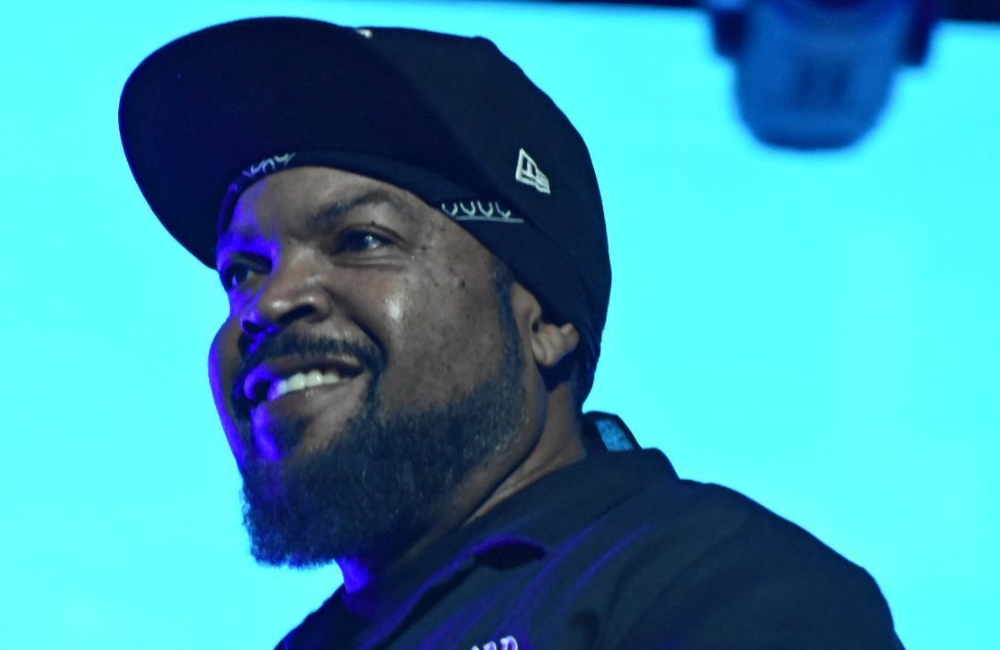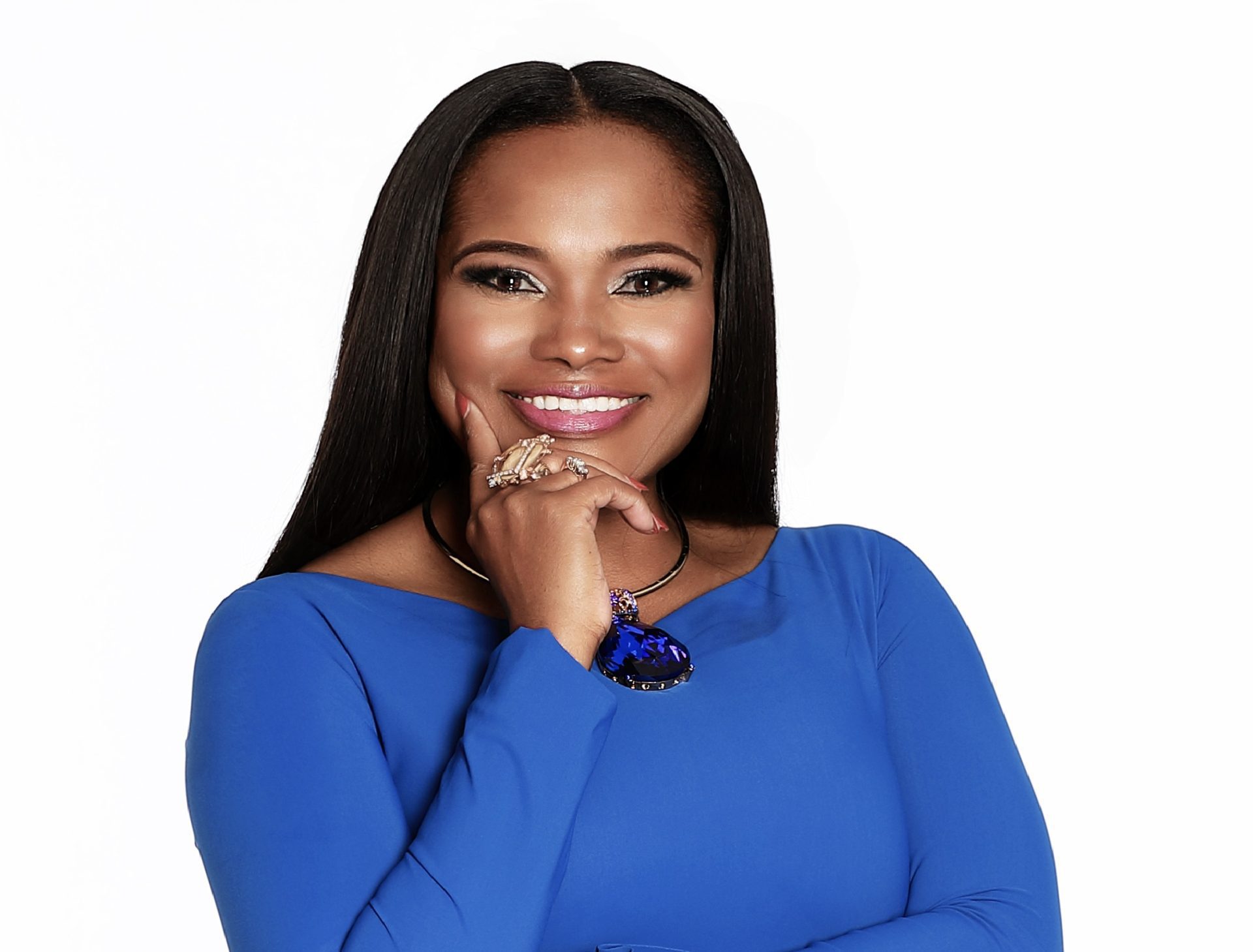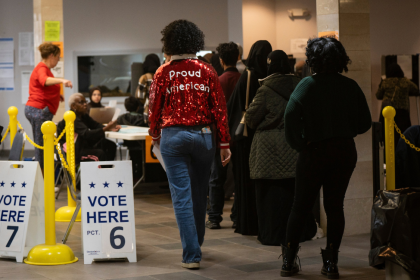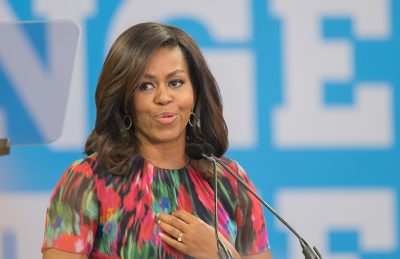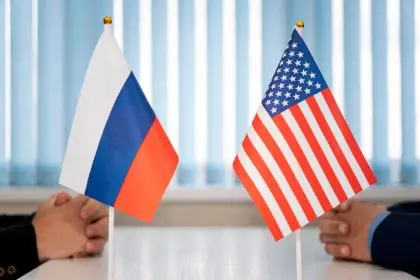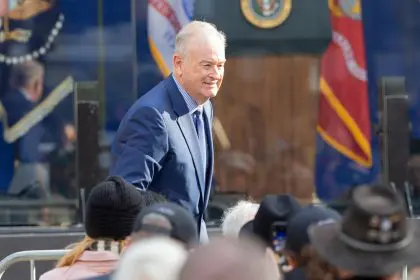Throughout his career spanning music, film and entrepreneurship, Ice Cube has maintained an unwavering commitment to advocacy for economic justice. The entertainment mogul addressed widespread assumptions about his political stance, according to the Atlanta Black Star, particularly regarding his supposed alignment with President-elect Donald Trump’s administration.
Setting the record straight
The creator of the Contract With Black America, or CWBA, initiative has faced persistent scrutiny over his political position, especially after meetings with Republican leadership during Trump‘s first administration. However, he maintains that these interactions were strictly business-focused, aimed at advancing economic opportunities for underserved communities.
His CWBA initiative — designed to address systemic inequalities in various sectors including financial services, health care and education — caught the attention of both major political parties. While Democratic leadership expressed interest in the proposals, the Republican administration incorporated elements of his plan into their “Platinum Plan,” a move that led to widespread speculation about his political leanings.
Strategic advocacy versus political alignment
The entertainment veteran’s approach to political engagement reflects a pragmatic strategy familiar to many who grew up witnessing the Civil Rights Movement’s various tactics for achieving social change. His willingness to engage with both parties while maintaining independence mirrors historical figures who prioritized tangible results over party loyalty.
The misconception about his political allegiance stems from a broader tendency to oversimplify complex political relationships. Despite meeting with Republican leadership, he never endorsed any candidate or aligned himself with partisan agendas. Instead, his focus remained on advancing specific policy objectives beneficial to economically disadvantaged communities.
Beyond partisan politics
His recent clarification highlights the challenging position of public figures who attempt to work within the system while maintaining their independence. The entertainment icon emphasizes that his goal has always been to secure concrete benefits for communities often overlooked in policy discussions.
The response to his advocacy efforts reveals a generational divide in approaches to political engagement. While some view any interaction with certain political figures as problematic, others recognize the strategic value of maintaining an open dialogue with all power structures capable of implementing change.
This situation exemplifies the complex relationship between entertainment, activism and politics in contemporary society. His experience demonstrates how public figures must carefully navigate political waters while maintaining their authentic voice and mission.
The entertainment veteran’s stance reflects a sophisticated understanding of power dynamics and the importance of leveraging influence to create meaningful change. Rather than aligning with any particular party, his approach focuses on achieving specific policy objectives that benefit historically marginalized communities.
This strategic positioning represents a departure from traditional political engagement models, suggesting a more nuanced approach to advocacy that prioritizes results over ideological purity. His emphasis on securing tangible benefits rather than symbolic victories resonates with those who have witnessed previous cycles of promised but undelivered change.
The controversy surrounding his political interactions highlights broader questions about effectiveness versus optics in modern advocacy. While some critics focus on appearances, supporters appreciate the practical approach to achieving concrete results through strategic engagement with power structures.
Moving forward, this situation serves as a case study of the complexities of modern political advocacy. It demonstrates how public figures can maintain independence while working within existing systems to effect change, a balance that becomes increasingly important in today’s polarized political landscape.

